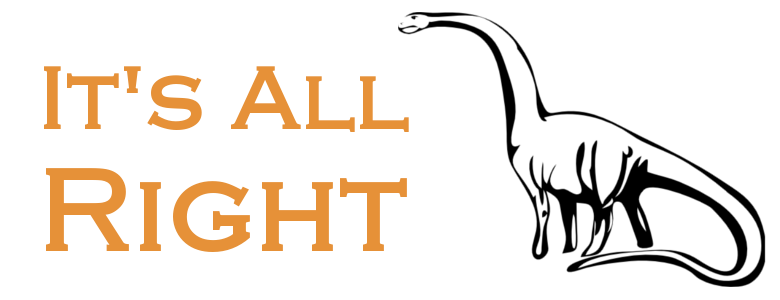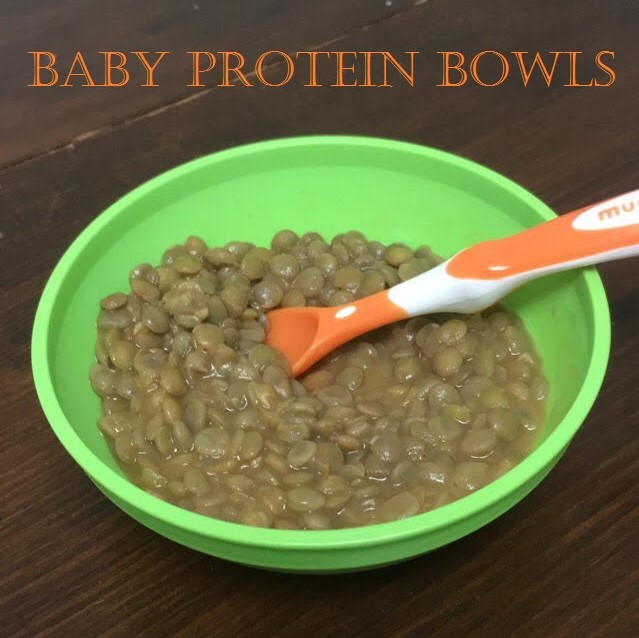White people seem to bounce erratically between two equally problematic ways of engaging with race:
1. Doing Something Problematic and Refusing to Take Correction From People of Color Who Call You On It
But all too often, liberal, progressive white "allies" will do the same thing. I believe in racial equality, but I think this is taking it a little too far, we say as soon as we're criticized. (Has anti-racism gone too far now that it specifically calls me out???) I can't be a racist, I have "intersectional feminist" in my Twitter bio, we say as we ignore the needs of women of color. I even donated to Black Lives Matter/have a "Coexist" bumper sticker on my car/attended a Muslim ban protest.
Guess what, white liberal? You — yes, you — will do something racist. You will be out there, trying your best to be a good ally, and you will eff. things. up. It's going to happen. And if you're lucky, some person of color will call you on it. They'll take time out of their lives and their struggle to offer you some free advice on how to be a better, less racist person.
And all too often, you'll toss that advice right in the trash and whitewash the entire cause you think you're supporting.
My American Heritage professor used this clip to illustrate the following point: no matter how good your intentions are, intentions are not outcomes. And outcomes, not intentions, are what harm people of color.
So no matter how good your intentions are, you are going to screw up and do something racist. I might even be doing it right now; I have good intentions with this blog post, but given Seinfeld's track record on race, it's totally possible that this clip might be problematic and totally tone deaf to share in a post about race and racism. (Please let me know if it is).
And here's the thing: if you ignore people of color when they call you on your shit, at least in this regard, you and Tammison Lohreyn are the same. Both of you are going to continue to do racist things, leading to problematic outcomes that affect people of color, because both of you are too d*ng proud to listen to people of color when they say things. Both of you somehow think your white ass is more qualified to judge what is and isn't racist or problematic than the people you are causing problems for.
So when you get called out, listen, learn, accept it, and move on. Do better.
2. Refusing to Do Anything Unless a Person of Color Holds Your Hand Every Step of the Way and Gives You a Magic Formula to Avoid Screwups In Every Future Interaction With Non-White People Ever
In some ways, this is the antithesis of the first problem. Whereas in the previous situation, you were overly brash and insensitive, now you're so timid and sensitive that you can't make any mistakes because you won't do anything at all.
This is problematic for a couple of reasons. The first, and most obvious, is that refusing to do anything means that you do nothing, which means that you sit back in your white privilege and make people of color do all the work to fix the system you're benefiting from.
The second issue is that in addition to leaving all the work to people of color, you're actually creating more work for them. Now they have to validate and coach you through every interaction, instead of using your common h*cking sense. You can treat people of color as humans without step-by-step instructions. You may not believe it, but I promise you, it's possible. Give it a try sometime.
Furthermore, this often leads to situations where white allies tokenize people of color. It becomes tempting, when in this mindset, to ask the nearest person of color to rule on any given issue of race and racism, which immediately puts them in the stressful position of having to give you a perfect magic formula for every situation you'll encounter for the rest of your life. Because they know that as soon as they tell you what to do, you're gonna circle right back around to position number one. (But what I just did can't be racist because my black friend said it's okay...)
White people: do not put people of color on the spot and ask them to give you magic anti-racism formulas! By all means, listen when they tell you things. Actively seek out their opinions. Find more opportunities to learn from them. Listen when they tell other people things and apply that to your own life. But don't expect people of color to be able to teach you enough to stop you from ever effing up. Nobody can teach us white people to never screw up. It's literally impossible, even for Morgan Freeman.
So even though this second situation may seem like the opposite of the first situation, they're both rooted in the same thing: a fear of failure. An unwillingness to engage the work without being called out on our racism. An unwillingness to admit to ourselves that we're racist, or put ourselves in a situation where we have to see our own racism.
Refusing to Learn From Your Racism Makes You A Worse Person Than Just Being Racist
Here's where I think this fear of failure comes from: from the time we're kids, we learn racism is bad. Only bad people are racist. And you, of course, are a good person, t h e r e f o r e, you cannot be racist. To admit that you have done a racist thing, held a racist belief, or otherwise been problematic about race is to admit that you are a bad person, and your whole worldview about yourself comes crashing down.
But here's the thing: plugging your ears and yelling "nah nah nah I'm a good person nah nah nah also my name is Tomi not Tami nah nah nah nah" doesn't make those racist attitudes of yours go away. In fact, it guarantees that they'll never go away, ever.
We're all a little racist. But being willing to face up to that fact is the only way we can check ourselves before we wreck ourselves and become a little less racist, one cringey mistake at a time.
So, my fellow white people, don't tokenize people of color. Don't put them on the spot and make them a de facto panelist on your conversation about race. Don't expect them to hand you a magic formula that will absolve you of all past and future racism.
Do learn to admit when you're wrong. Do apologize and try to be better.. And do listen when people of color say things, and be sensitive to when they don't want to be saying anything at all.







